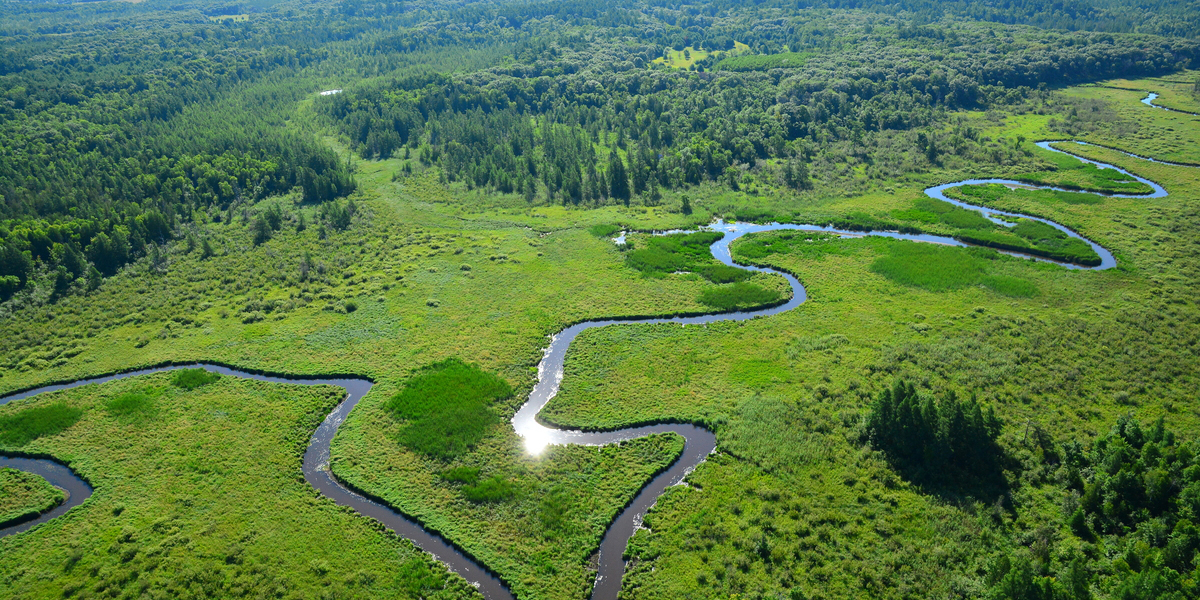
For the third year in a row, the University of Minnesota was ranked in the top three globally and number one in the United States in ecology in the Shanghai Rankings 2023 Global Ranking of Academic Subjects. The rankings are based on research output, quality and influence, and international collaboration and academic awards. The U has been in the top 10 globally and top three in the United States since 2018.
The University’s ecology footprint spans colleges, institutes and departments with a critical mass of high impact research based in the College of Biological Sciences’ Department of Ecology, Evolution and Behavior (EEB).
“The University of Minnesota has been a leader in ecology for decades,” says EEB Department Head Michael Travisano, who points to the work of ecologists in the department as well as at Cedar Creek Ecosystem Science Reserve. “The science builds on the success of the great people both in the department and across the University.”
Travisano points to the longstanding strength in ecosystem ecology in particular as a wellspring of continued success. Work based at the University of Minnesota was essential to the foundation of the field. “A model for how to think about biological diversity really grew up here,” says Travisano, starting with the field-shaping model for energy flow through ecosystems Raymond Lindeman proposed in the 1930s. “And it has continued to evolve ever since.”
The current faculty of the Department of Ecology, Evolution and Behavior includes five National Academy of Sciences fellows including David Tilman, director of Cedar Creek Ecosystem Science Reserve and the most cited ecologist in the world and Sarah Hobbie, head of the MSP Long-Term Research (LTER) Program, one of only two urban LTERs in the country.